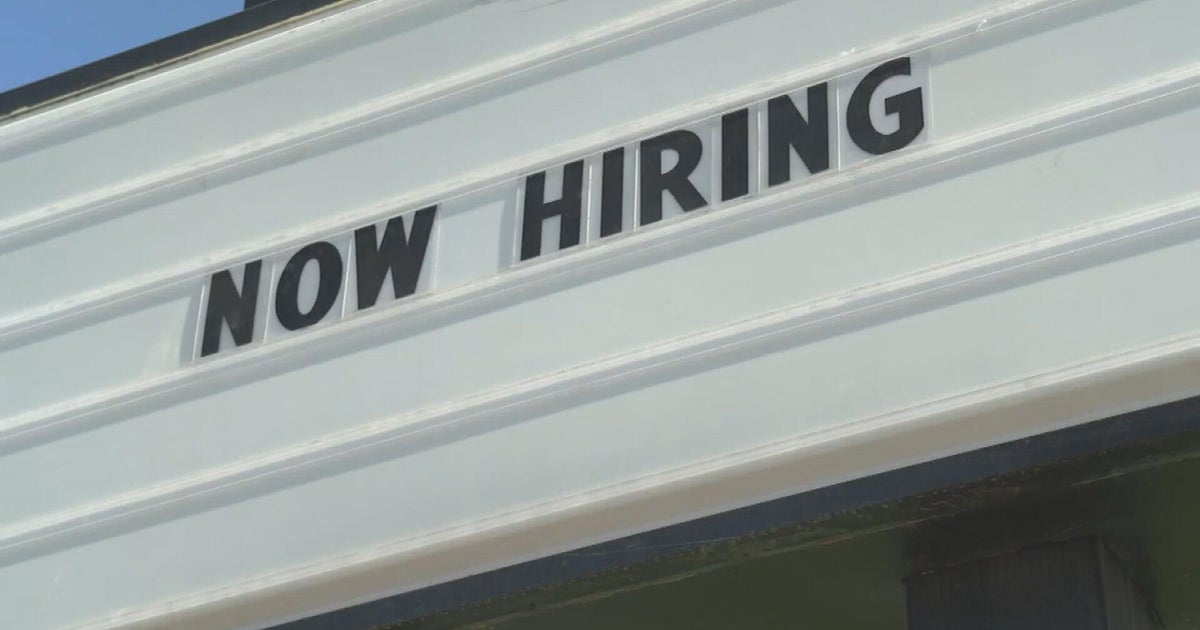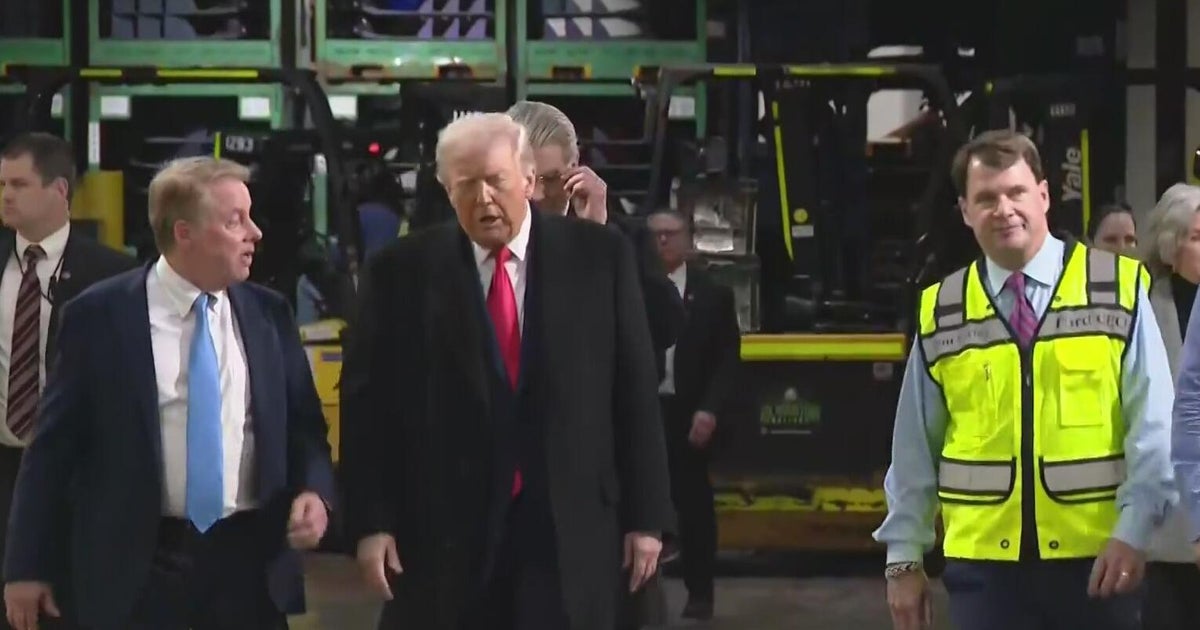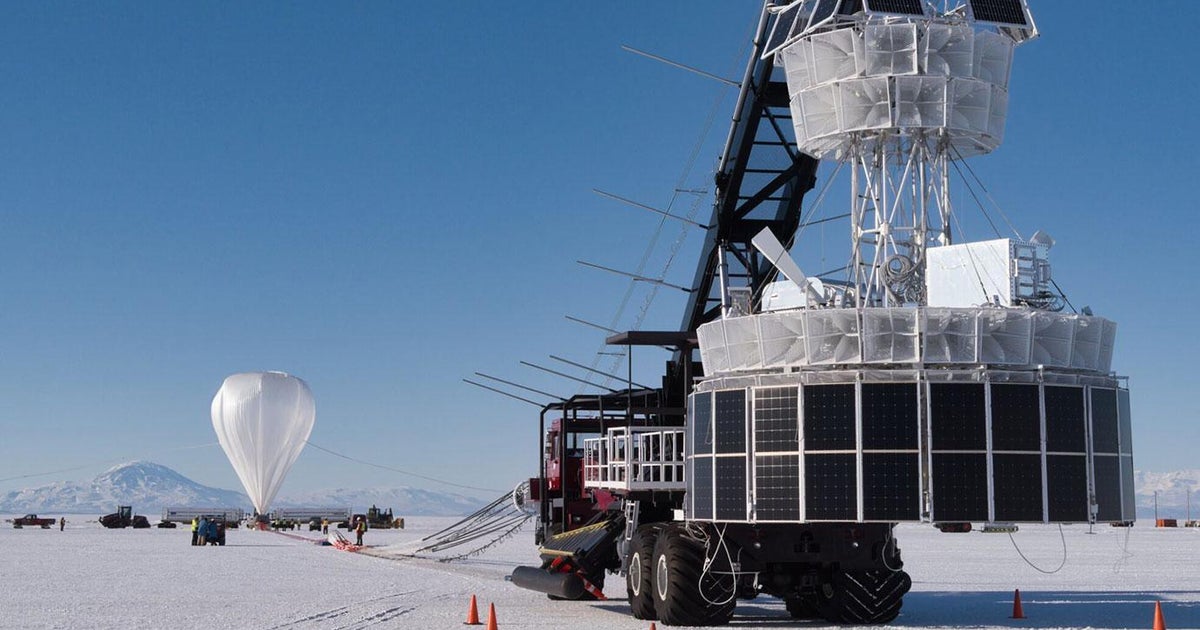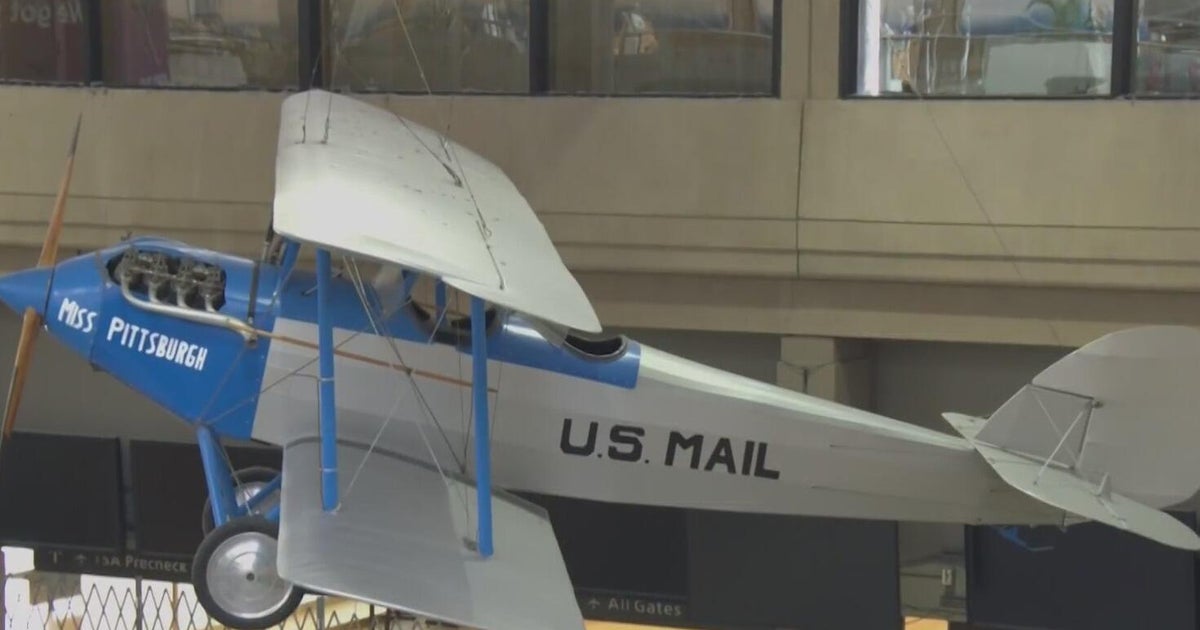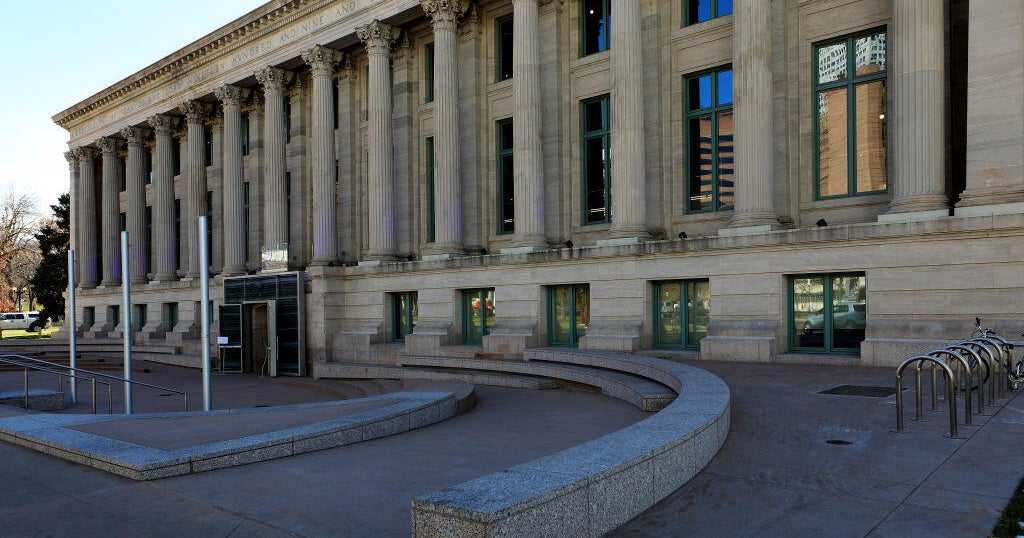Former Shuttle Program Workers Struggle To Find Jobs
TITUSVILLE (CBSMiami/AP) – Thousands of engineers and others who worked at and around the Kennedy Space Center during the three decade long U.S. space shuttle program are struggling to find jobs a year after the program came to close.
Some have gone to South Carolina to build airplanes in that state's growing industry while others have moved as far as Afghanistan to work as government contractors. Some found lower-paying jobs beneath their technical skills that allowed them to stay. Many are still looking for work and cutting back on things like driving and utilities to save money.
"Nobody wants to hire the old guy," said Terry White, a 62-year-old former project manager who worked 33 years for the shuttle program until he was laid off after Atlantis landed last July 21. "There just isn't a lot of work around here. Or if so, the wages are really small."
White earned more than $100,000 a year at the end of his career at the space center. The prospects of finding a job that pay anywhere near that along the Space Coast are slim.
"I could take an $11-an-hour job that is 40 miles away," he said "But with gas prices and all that, it's not really worthwhile."
More than 7,400 people lost their jobs when the shuttle program ended last July. While other shuttle workers in Houston, New Orleans and Huntsville, Ala., lost jobs, those areas had bigger economies to absorb the workers. In less economically diverse Brevard County, the mainly contractor positions cut by NASA accounted for just under 5 percent of the county's private sectors jobs.
The Kennedy Space Center's current workforce of 8,500 workers is the smallest in more in than 35 years. In the middle of the last decade, the space center employed around 15,000 workers.
James Peek, a 48-year-old quality inspector for the shuttles, has applied for 50 positions with no success since he was laid off in October 2010. He has taken odd jobs glazing windows for a luxury hotel in Orlando and working as a security guard. He has no health insurance and incurred a $13,000 bill when he was hospitalized for three days last May.
"With most companies, it's like your application goes into a black hole," Peek said. "We're struggling to stay afloat."
Jobless space workers have signed up for Brevard Workforce's job placement and training services. Slightly more than half of the 5,700 workers the agency has been able to track have found jobs, but more than a quarter of those positions were outside Florida. Those jobs have been in the fields of engineering, mechanics and security, according to the agency.
Brevard County's unemployment rate spiked in the months that the shuttle program wound down, going from 10.6 percent in April 2011 to 11.7 percent in August 2011. It has since declined to 9 percent, a result of a smaller workforce as many former shuttle workers either moved away or retired earlier than planned. Brevard County has added 2,700 jobs since the beginning of the year, but many are in the southern part of the 72-mile-long county where information technology giant Harris Corp. and airplane-maker Embraer are located. Jobless space workers in the northern part of the county jokingly refer to those high-tech workers as "their rich cousins."
Taxpayer money allocated for job training programs for displaced space shuttle workers also is dwindling a year after the program ended.
Adding to the difficulties of finding a new job is the age of many of the former shuttle workers. Many spent their entire careers working on the space shuttles and are now in their 50s and 60s.
In between sending out resumes and meeting at networking events, many of the space workers are volunteering at Kennedy Space Center, giving tours to dignitaries and providing oral histories to tourists who stop by the Vehicle Assembly Building.
Some shuttle workers, such as Kevin Harrington, had been holding out hope that the program announced after Constellation's demise — a heavy-lift rocket system that would launch astronauts in an Orion space capsule — would offer immediate widespread job opportunities. But the plans announced last year won't have unmanned test launches of the Space Launch System for another five years, and the first manned mission won't be for about another decade.
Private-sector companies, such as Paypal founder Elon Musk's Space X, are starting unmanned launches from Kennedy Space Center, but their need for workers doesn't come close to what was required for the shuttle program.
(TM and © Copyright 2012 CBS Radio Inc. and its relevant subsidiaries. CBS RADIO and EYE Logo TM and Copyright 2012 CBS Broadcasting Inc. Used under license. All Rights Reserved. This material may not be published, broadcast, rewritten, or redistributed. The Associated Press contributed to this report.)
